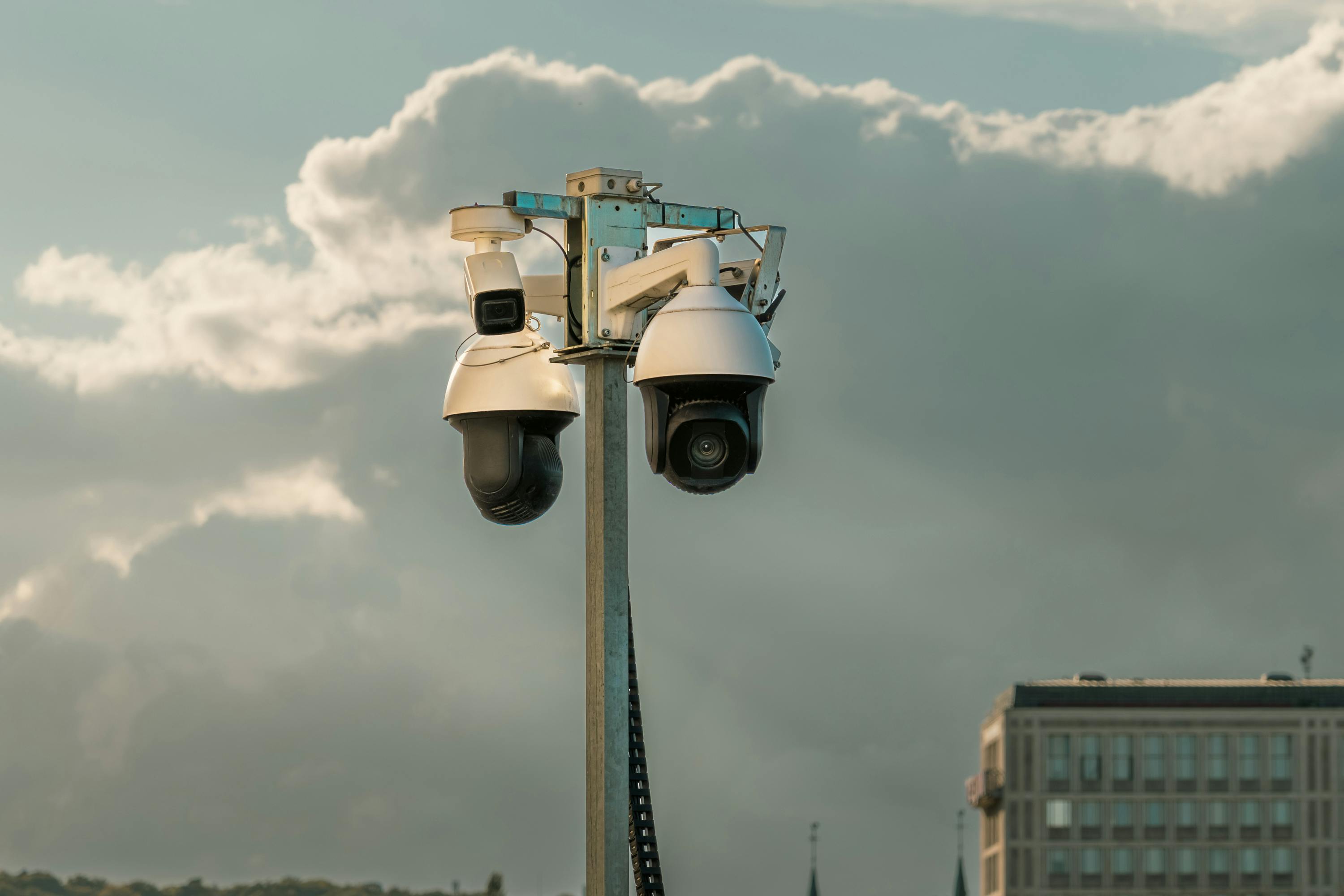
The Evolving Landscape of Short-Term Rental Regulations
Beyond privacy concerns, the short-term rental industry is experiencing a wave of evolving regulations across various cities and states in 2025. These changes aim to address issues like housing availability, neighborhood impact, and fair competition with traditional lodging. For hosts, staying informed about these local ordinances is as critical as understanding platform policies.. Find out more about Oregon Airbnb guest recording privacy law.
Common regulatory themes include mandatory host registration with local authorities, the imposition of occupancy and sales taxes on short-term stays, and sometimes, primary residence mandates that restrict rentals to owner-occupied properties. Many cities are also implementing nightly limits and zoning restrictions, such as buffer zones between rental properties. Chicago, for example, now requires STR operators to submit monthly data reports, including rental nights, revenue, and tax payments. New York State has empowered counties to create registries, and cities like Austin are overhauling their regulations to manage the industry more effectively.. Find out more about Short-term rental host secret camera disclosure guide.
These regulations are not merely bureaucratic hurdles; they are an acknowledgment of the significant economic and social impact short-term rentals have. By adhering to these evolving rules, hosts can ensure their businesses operate legally, contribute fairly to local economies, and maintain positive relationships with their communities. For travelers, understanding that these regulations exist can offer reassurance that the industry is being managed responsibly.. Find out more about Traveler privacy rights Oregon Airbnb tips.
Conclusion: Key Takeaways for a Secure and Respectful Stay. Find out more about How to check for hidden cameras in rentals strategies.
The short-term rental landscape in 2025 is one where privacy, security, and legal compliance are inextricably linked. For travelers, this means approaching bookings with a spirit of informed vigilance. Always read listings carefully, understand platform policies like Airbnb’s strict indoor camera ban, and be aware of local laws, especially concerning recording consent.. Find out more about Oregon Airbnb guest recording privacy law overview.
For hosts, the responsibility is even greater. Prioritizing guest privacy through transparent disclosures, adhering to platform rules like the prohibition of indoor cameras, and understanding local regulations are paramount. Ethical hosting not only builds trust and positive reviews but also ensures legal compliance and the longevity of your rental business.. Find out more about Short-term rental host secret camera disclosure definition guide.
The ongoing tension between personal privacy and security is a challenge lawmakers, platforms, and users must continue to navigate. As technology advances and societal expectations evolve, the frameworks governing these interactions will undoubtedly adapt further. Staying informed, practicing transparency, and respecting the rights of others are the cornerstones of a safe, trustworthy, and enjoyable short-term rental experience for everyone involved.
What are your top tips for ensuring privacy when booking or hosting a short-term rental? Share your insights in the comments below!
